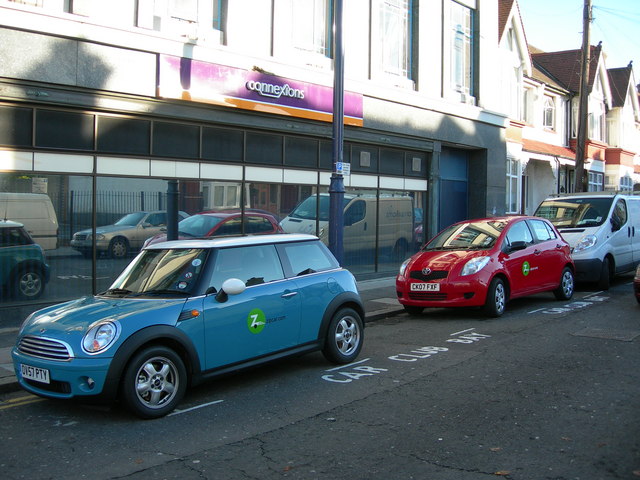How the 'car-light' trend is changing Michigan, and the nation
Even though the number of people abandoning their cars is ticking upward, the idea of going completely car-free isn’t feasible for most. The idea instead is to live “car-light,” viewing a car as part of a transportation portfolio, but not the only way to get around. If someone needs the family car, it’s there for the person who has to drive that day, explains Jackie Douglas of the LivableStreets Alliance in Cambridge, Mass. Others take the bus, ride their bikes, catch a ride with a friend or walk.
This notion of living “car-light” is gaining steam across the country, fueled by four changes explored in Curbing Cars: the economy, social practices, web innovations and environmental concerns. These are being accompanied by some new transportation resources that weren’t available even five years ago, such as bike sharing, car sharing and a wider availability of mass transit (innovations a number of Michigan cities are embracing). Each of these developments, in its own way, has contributed to individual decisions to cut back on automobile use. Each adds up to a significant change in the way Americans view cars.
Collectively, these trends and developments spell a different future for the automobile industry than the one it might have envisioned only five years ago, when President Obama embarked on an $82 billion rescue plan to save General Motors, Chrysler and scores of domestic parts manufacturers.
Obama continues to tout the industry’s revival as a signature accomplishment of his otherwise turbulent administration. “We saved the American auto industry,” he regularly declares in speeches across the country. And yet, it can be asked, saved it for whom? Perhaps Obama was asking himself the same question. For at the same time the president led the bailout of the Detroit car companies, his administration was in turn allocating billions of dollars for a panoply of public transportation, bicycle paths and other non-automotive infrastructure.
If the Detroit rescue served as a thank you to his political base, Obama’s embrace of alternative modes of transportation offers a gesture to the future. But wait: a future with less emphasis on automobiles? After everything he did to rescue the industry?
If that’s hard to believe, says Kevin Boyle, professor of history at Northwestern University, then consider this: America has managed without automobiles much longer than it’s relied upon them. And now, as with the fields in Detroit now blossoming where auto factories once stood, Americans are returning to what some might think is a more natural transportation state.
“What the automobile industry did was literally transform the way people interacted with each other, the way they viewed space and the way they used space,” says Boyle, a native Detroiter and the author of Arc of Justice, a National Book Award winner for its depiction of racial tension in Detroit. “There was no need to build upward, because you could build outward.”
That, however, emptied out cities and created vast suburbs where people felt detached from each other. These days, Americans are more eager to connect, as the interest in urban living among millennials shows. Says Boyle: “In some ways, they want to return to the 19th century model of cities like Chicago and New York.”
Micheline Maynard is a journalist, author and educator based in Ann Arbor. She is a former Detroit bureau chief and senior business correspondent for The New York Times.
Business Watch
Covering the intersection of business and policy, and informing Michigan employers and workers on the long road back from coronavirus.
- About Business Watch
- Subscribe
- Share tips and questions with Bridge Business Editor Paula Gardner
Thanks to our Business Watch sponsors.
Support Bridge's nonprofit civic journalism. Donate today.
See what new members are saying about why they donated to Bridge Michigan:
- “In order for this information to be accurate and unbiased it must be underwritten by its readers, not by special interests.” - Larry S.
- “Not many other media sources report on the topics Bridge does.” - Susan B.
- “Your journalism is outstanding and rare these days.” - Mark S.
If you want to ensure the future of nonpartisan, nonprofit Michigan journalism, please become a member today. You, too, will be asked why you donated and maybe we'll feature your quote next time!


 Young adults are more likely than past generations to use car-riding services than to buy and maintain their own cars, a trend that is slowly changing American culture. (courtesy photo)
Young adults are more likely than past generations to use car-riding services than to buy and maintain their own cars, a trend that is slowly changing American culture. (courtesy photo)